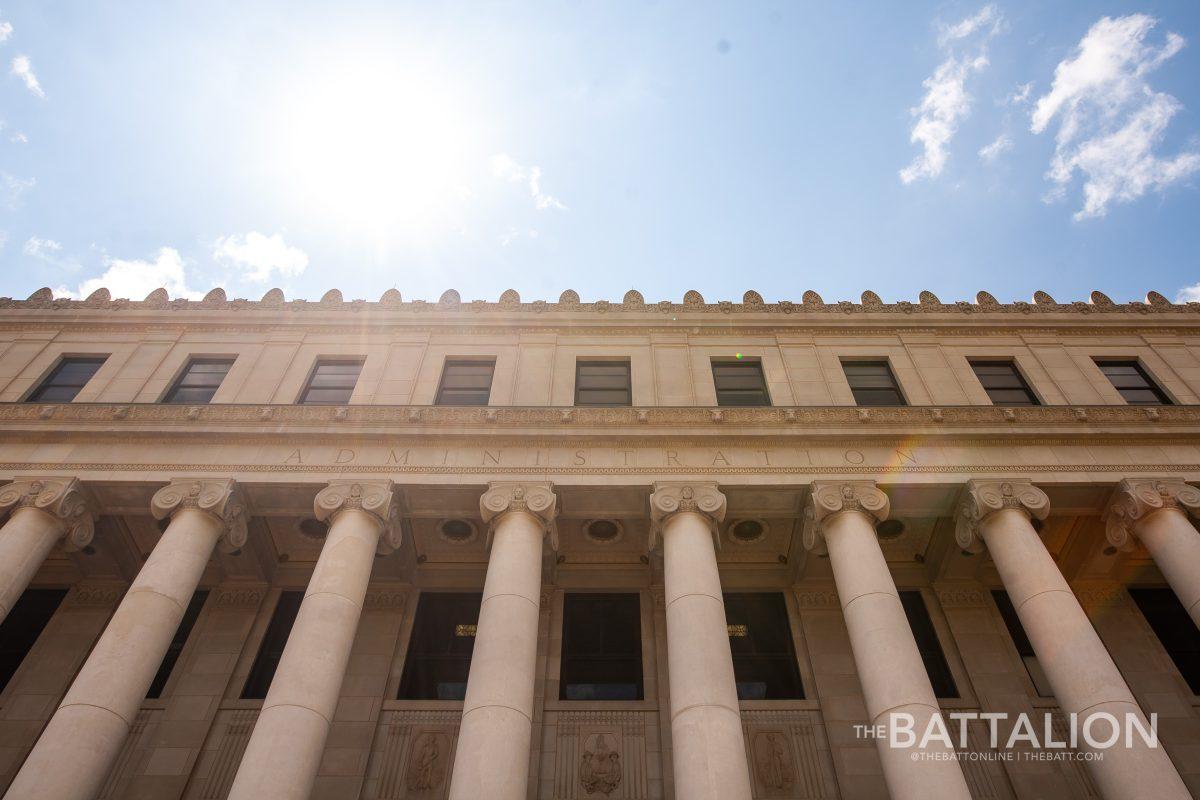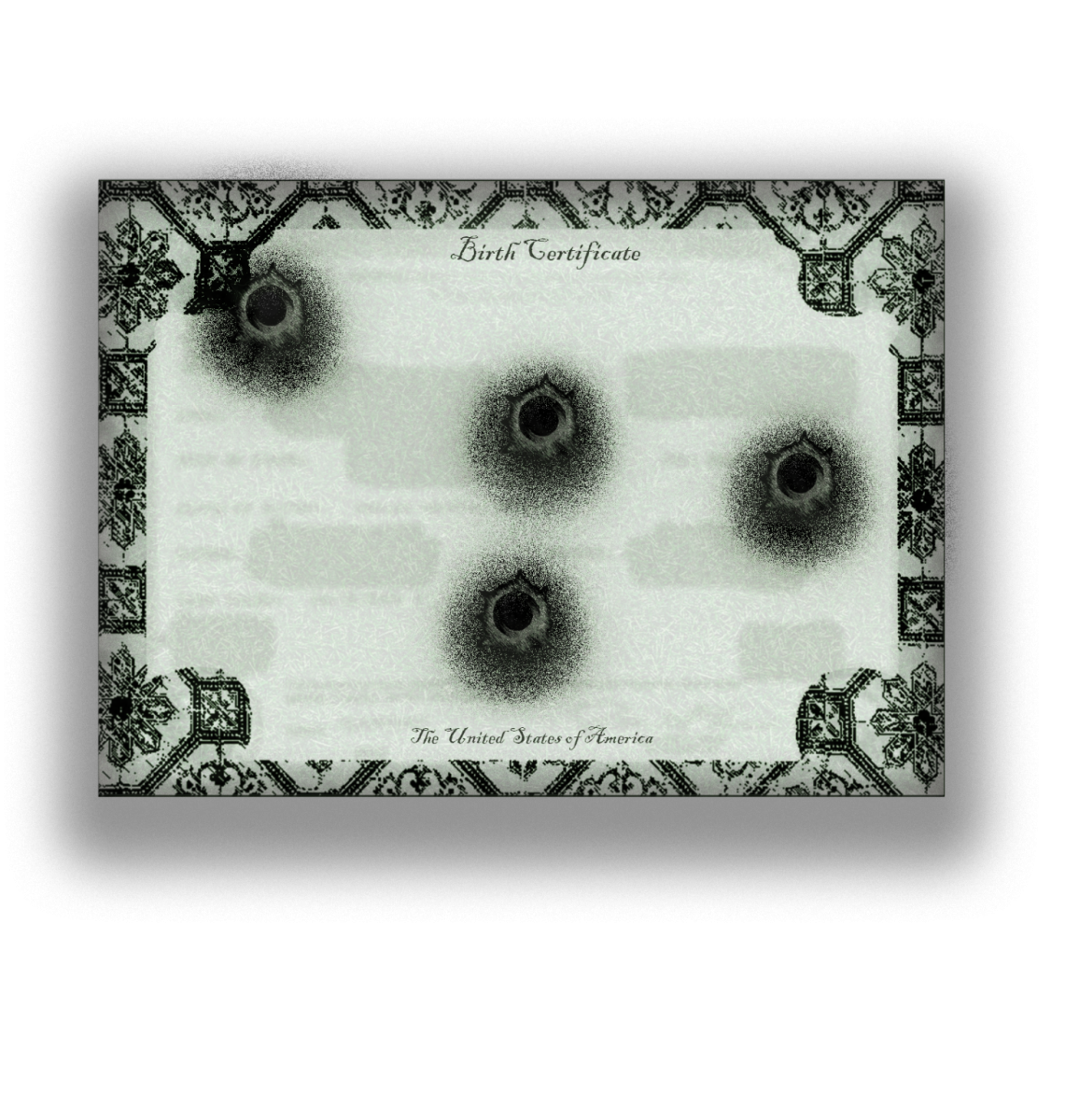Over 9 million people have contracted COVID-19 in the U.S. No one could have prepared for that, let alone state schools and colleges. March 2020 threw everyone through a whirlwind, and we’re currently struggling in this already unnerving election year. But one thing is certain — virtual learning still burdens many students, and we shouldn’t forget that.
When everything first hit the fan, I sat depressed in my childhood bedroom as my little brother came in periodically to ask me questions about freshman biology. I could even easily eavesdrop on my mom’s conversations with her friends about her immunocompromised health status. I attempted to study for exams while in the presence of pictures of old peers. While all of that is now a quarantine aesthetic, it was difficult — not only for me but for the entire world. That hasn’t changed.
But we acclimated, kind of.
Schools sent kids home, shut down campuses and slapped everything they could on the internet. We were sitting in our beds while watching our professors struggle to get our attention. We all worked together to do what we thought was best, and we need to keep doing so.
But just because we’ve gotten used to this new format doesn’t make it any less challenging. In a study conducted by the University of Colorado Boulder, 58.2 percent of students reported learning has been more challenging online. It’s no argument that attempting to do my lab at my kitchen table is way worse than in person, with three TAs on deck. COVID-19 has shorted students out of almost every helpful resource once available to us, and now we’re left to Google searches. We’re still just as confused as we were in March but just confused in different classes.
Students are struggling with this nuance. Paying thousands of dollars a semester to teach ourselves our coursework isn’t reasonable, let alone ethical, but colleges can mitigate it. Last semester, A&M offered students the choice to switch grading parameters because of the challenging circumstances surrounding COVID-19, so they should continue it this semester as we continue through the pandemic. If we wanted the convenience of online education, we would have applied for one. The education we paid for pre-COVID-19 in no way compares to what we’re receiving now, so there is no need to pretend it is. They cannot entirely transfer the in-person curriculum virtually, and that’s a fact.
Boulder also found 76.8 percent of students reported having a hard time finding motivation for school, but that is not a surprise. We work in our pajamas, and the situation packs us in our homes like sardines. WiFi tap-outs and fried computer RAMs aren’t something students should be punished for. The inability to comprehend material over a Zoom call and poorly designed eCampus pages aren’t irresponsible. It is certainly not emblematic of incompetence. I think people’s inability to configure Python in their college home kitchen doesn’t determine academic capabilities.
I am not pointing fingers since this is a very uncertain time. However, the university certainly owes Aggies academic leeway.
We deserve recognition for attempting college in general, let alone teaching ourselves (barely) with the assistance of “Command+F” and Chegg. The education we were receiving last year is in no way, shape or fashion comparable to what we, as Aggies, are receiving now. We can no longer sit next to our professors during office hours and physically watch them work out the problem we’re struggling with. We can no longer dedicate and distinguish study spaces versus leisure spots. Why? They’re in the same place: our houses. It’s simply unfair to insinuate that the C some students may receive in their class this semester is indicative of their actual in-person academic performance.
The question isn’t if A&M should give us a pass/fail option, but how long it will take the administration to do the honorable thing. Everyone is struggling in some way. It isn’t fair to justify a lousy letter grade for a student who completed their MGMT 201 class alongside their screaming sibling. This is an unfamiliar time that comes with unfamiliar obstacles that should be kept in mind.
Texas A&M, this is the least you could do for your students and our future. We want to succeed as much as anyone does. President Michael K. Young said, “We need to take care of each other.” By all means, please do so. We’re doing the best we can for the state that we’re in.
Kaelin Connor is a psychology junior and opinion writer for The Battalion.
Texas A&M owes us pass/fail
November 4, 2020
Photo by Photo by Meredith Seaver
Admin building at Texas A&M stands large on Friday, June 15.
0
Donate to The Battalion
$2065
$5000
Contributed
Our Goal
Your donation will support the student journalists of Texas A&M University - College Station. Your contribution will allow us to purchase equipment and cover our annual website hosting costs, in addition to paying freelance staffers for their work, travel costs for coverage and more!










